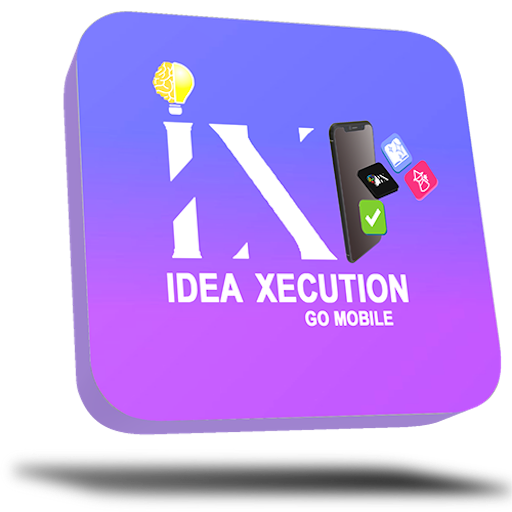Kotlin Programming:
Kotlin is a modern but already mature programming language designed to make developers happier. It’s concise, safe, interoperable with Java and other languages, and provides many ways to reuse code between multiple platforms for productive programming.
By using Kotlin Programming we can prepare:
- Backend app
- Cross-platform mobile app
- Android app
- Multiplatform library
In Kotlin:
* fun is used to declare a function
* the main() function is where your program starts from
* the body of a function is written within curly braces {}
* println() and print() functions print their arguments to standard output
Variables:
All programs need to be able to store data, and variables help you to do just that. In Kotlin, you can declare:
* read-only variables with val
* Mutable variables with var
* To assign a value, use the assignment operator =
Kotlin Multiplatform:
The Kotlin Multiplatform technology is designed to simplify the development of cross-platform projects. It reduces time spent writing and maintaining the same code for different platforms while retaining the flexibility and benefits of native programming.
Sharing code between mobile platforms is a major Kotlin Multiplatform use case. With Kotlin Multiplatform, you can build cross-platform mobile applications that share code between Android and iOS projects to implement networking, data storage and data validation, analytics, computations, and other application logic.
Kotlin Multiplatform is also helpful for library authors. You can create a multiplatform library with common code and its platform-specific implementations for JVM, web, and native platforms. Once published, a multiplatform library can be used as a dependency in other cross-platform projects.
Kotlin Multiplatform allows you to maintain a single codebase of the application logic for different platforms. You also get advantages of native programming, including great performance and full access to platform SDKs.
Kotlin is a great fit for developing server-side applications. It allows you to write concise and expressive code while maintaining full compatibility with existing Java-based technology stacks, all with a smooth learning curve: Expressiveness, Scalability, Interoperability, Migration, Tooling, Learning Curve.
Kotlin for Android :
- Less code combined with greater readability
- Fewer common errors
- Kotlin support in Jetpack libraries
- Support for multiplatform development
- Mature language and environment
- Interoperability with Java
- Big community
- Easy learning
Learning Kotlin :
Kotlin is easy to learn, especially for those who already know Java. A short introduction to the basic syntax of Kotlin for software developers can be found directly in the reference section of the website starting from basic syntax.
IDEA has built-in Java-to-Kotlin converter. It can be used by people familiar with Java to learn the corresponding Kotlin syntactic constructions, but it is not perfect, and it is still worth familiarizing yourself with Kotlin and learning the Kotlin idioms.
A great resource to study Kotlin syntax and API of the Kotlin standard library are Kotlin Koans.
IDEs for Kotlin development
JetBrains provides the official Kotlin plugin for IntelliJ IDEA, JetBrains Fleet, and Android Studio.
Other IDEs and code editors, such as Eclipse, Visual Studio Code, and Atom, have Kotlin community-supported plugins.
Learning materials: https://kotlinlang.org/docs/learning-materials-overview.html


